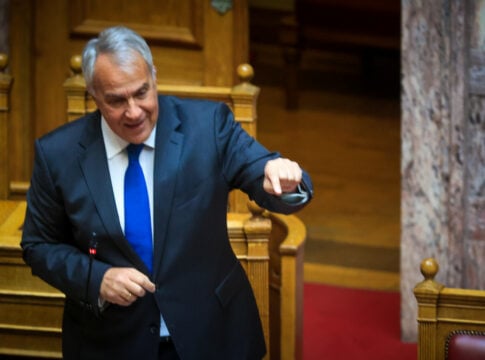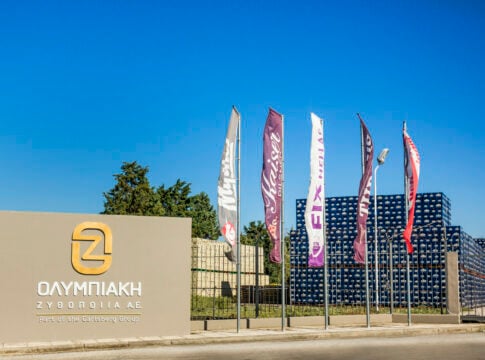By N. Bellos
Reports out of Brussels this week more-or-less confirmed that supervision of Greece’s finances and fiscal policy after the end of the third memorandum (August 2018) will be stricter, in comparison to the other Eurozone member-states that ended their (one and only) bailout program.
One substantive difference is the prospect of medium-term debt relief measures being extended to the country shortly before the program ends or immediately in its aftermath, with a high-profile statement by EU Commissioner Pierre Moscovici this week showing that the Commission has shifted its position on a standing French proposal to link debt repayment with the country’s annual GDP growth. The EU commissioner, who holds the economic and financial affairs portfolio, referred to a “semi-automatic” mechanism, essentially pointing to a compromise between proponents of the French idea and a so-called “northern bloc” of Eurozone members that demand political approval for any activation.
The IMF has joined Paris in backing the debt-to-GDP growth repayment mechanism, i.e. reduced or no payments when annual growth is meager, versus an accelerated rate of repayment when growth is higher.
Paris has said that conditions could be linked to debt relief measures, such as a return of profits generated from Greek bonds held by the ECB and individual EZ states’ central banks. Conversely, the French side has proposed that the mechanism linking growth with debt repayments be activated automatically, without prior approval by creditors.
This position is sternly opposed by Germany and the Netherlands, among others. The “northern bloc” of EZ member-states want any activation of the mechanism to be approved by the ESM, and in agreement with the Eurogroup.
The disagreement was not bridged during discussions in Washington D.C. last week, where the IMF insisted on an automatically activated mechanism, underlining that political interventions will be precluded in the future. The IMF’s executives said such a prospect would also send a very strong message to markets that Greece’s exit from the memorandum era will be “clean”.
The “opposing view” by the “northern bloc” insists on two criteria for the future activation of the mechanism:
– successfully meeting annual primary budget surplus targets (as a percentage of GDP) by the Greek state, and,
– implementing an agreed-to growth strategy and structural reforms.














